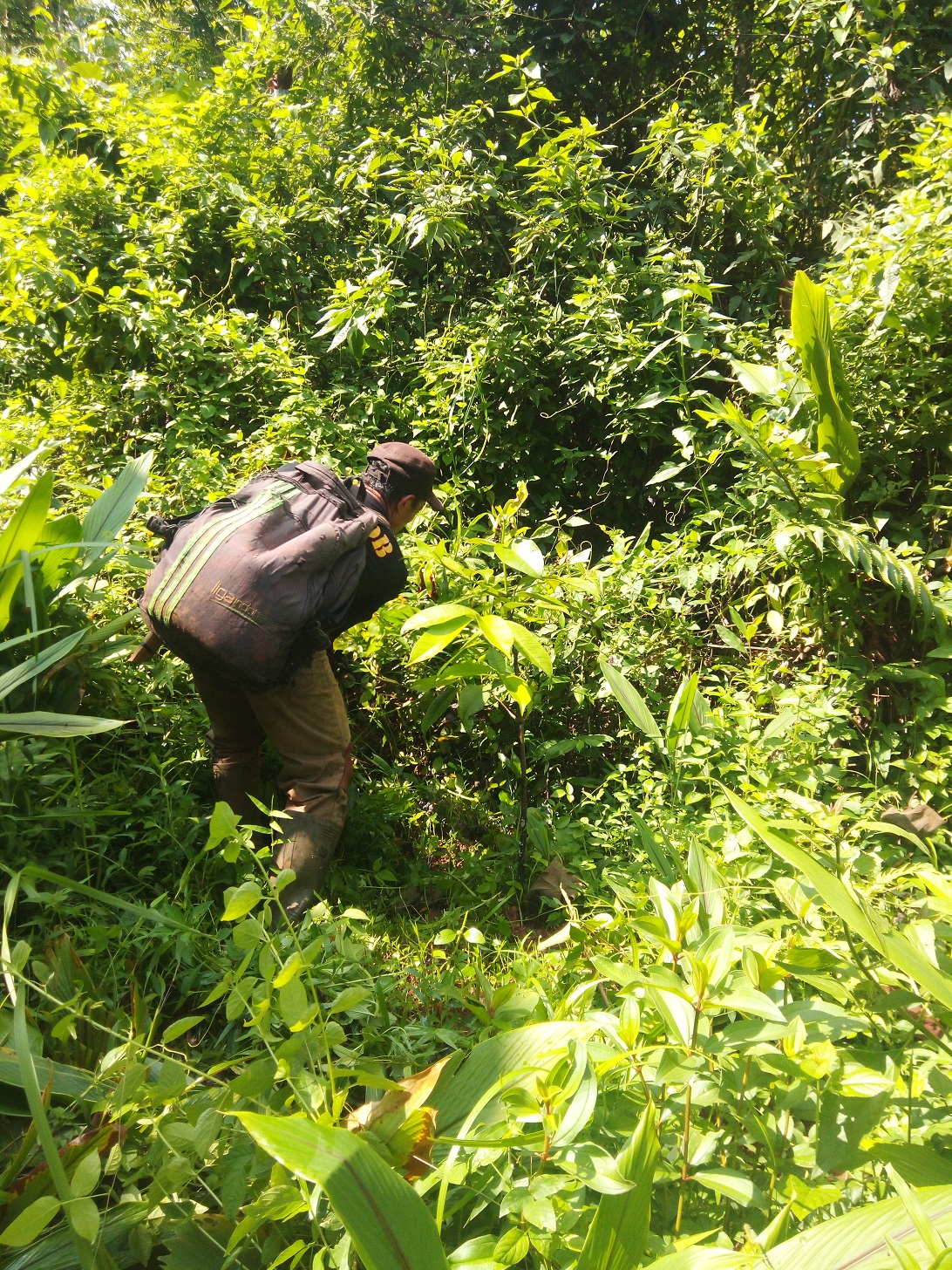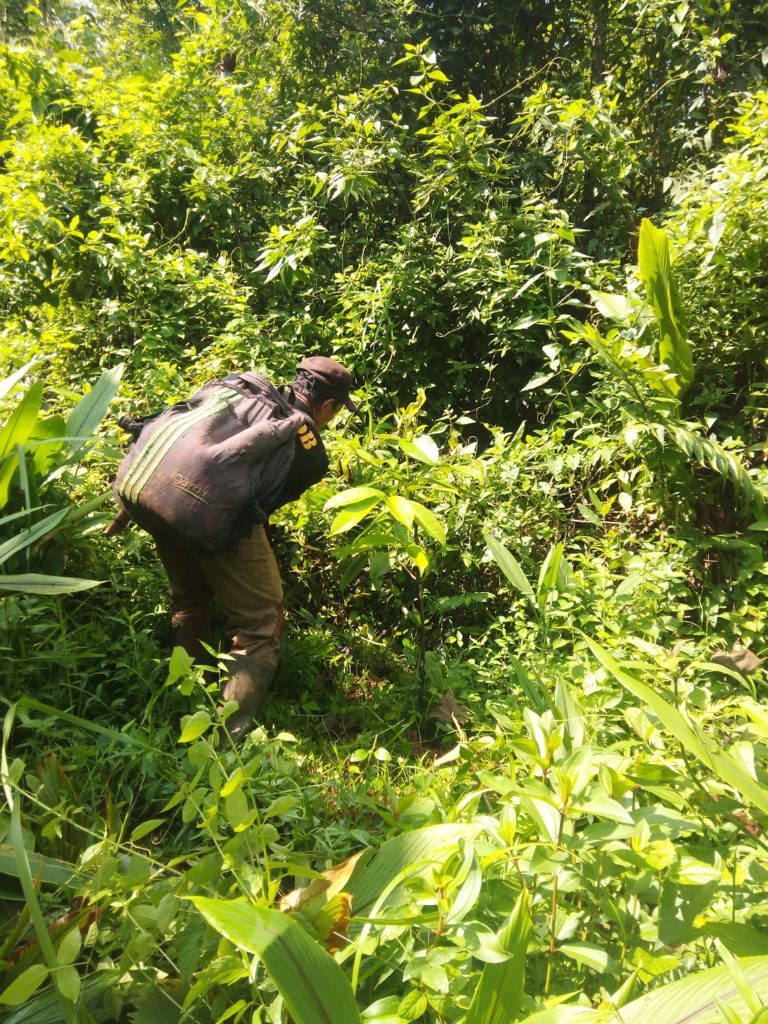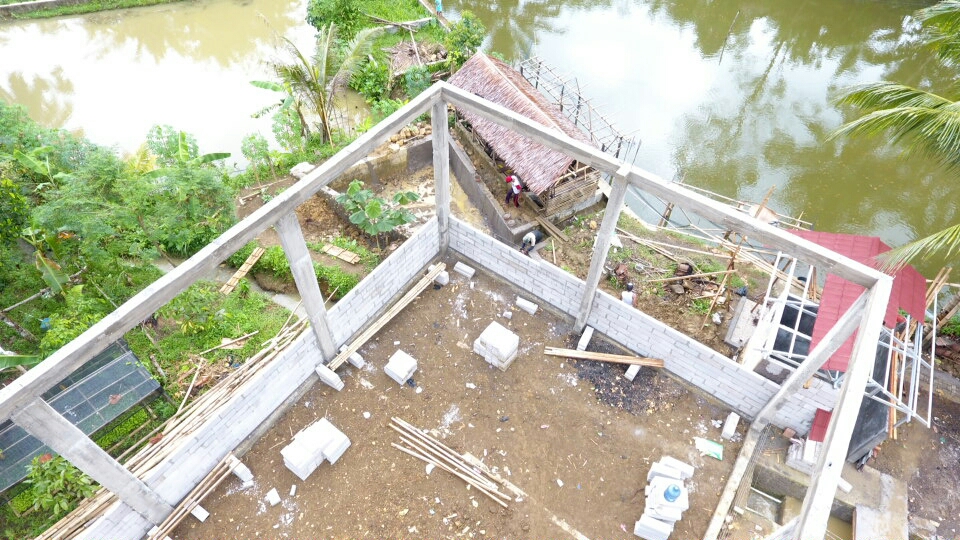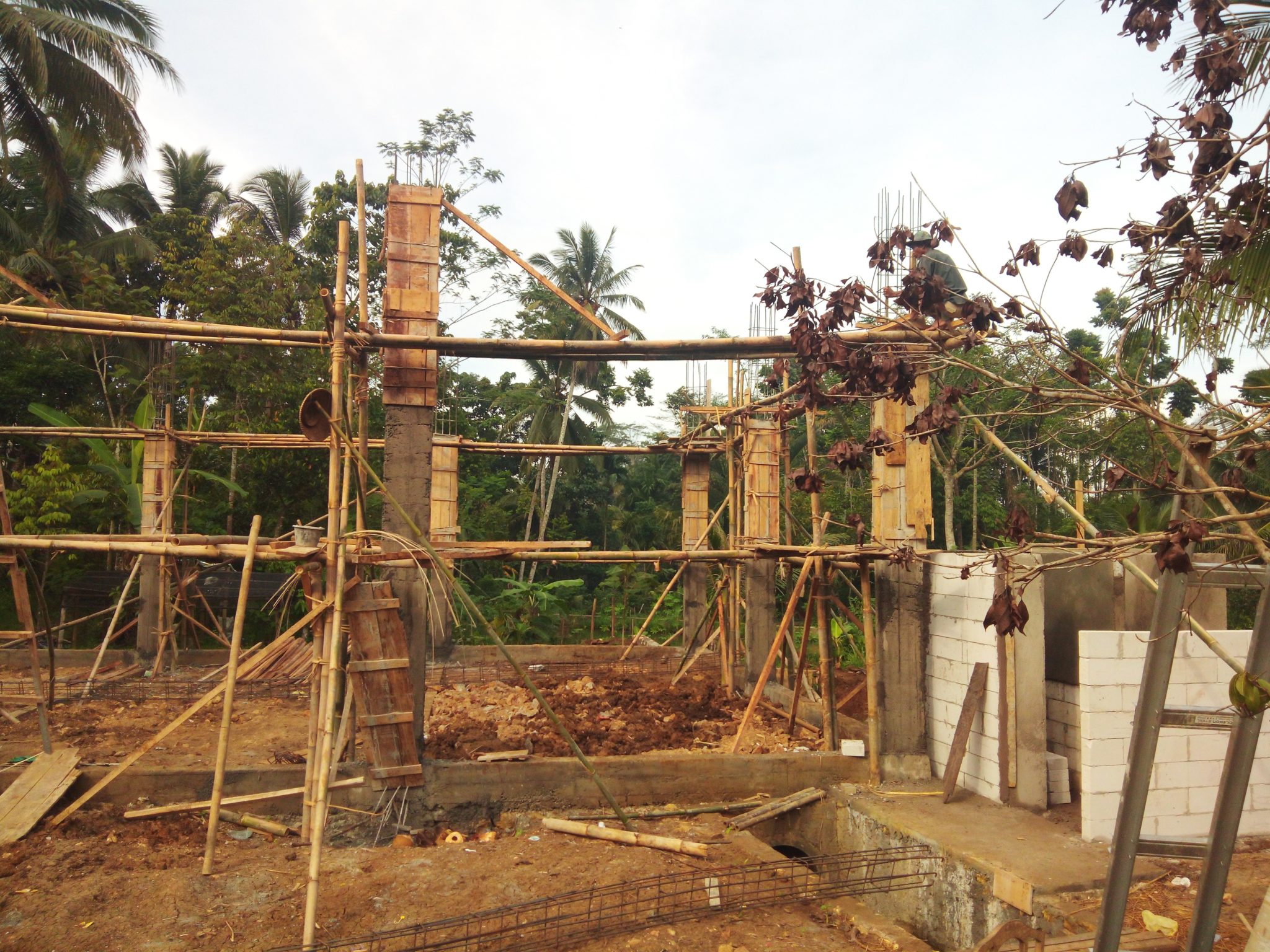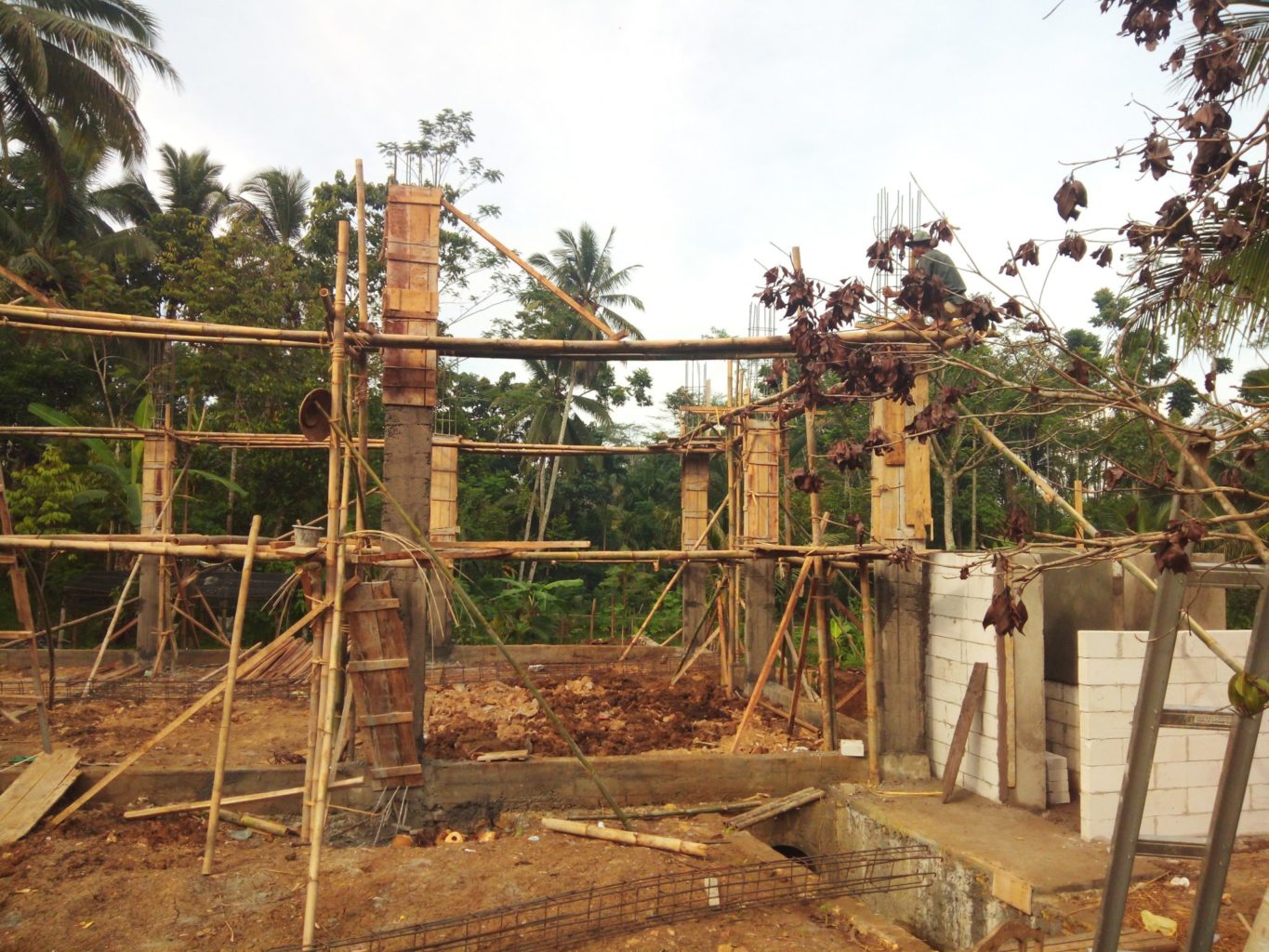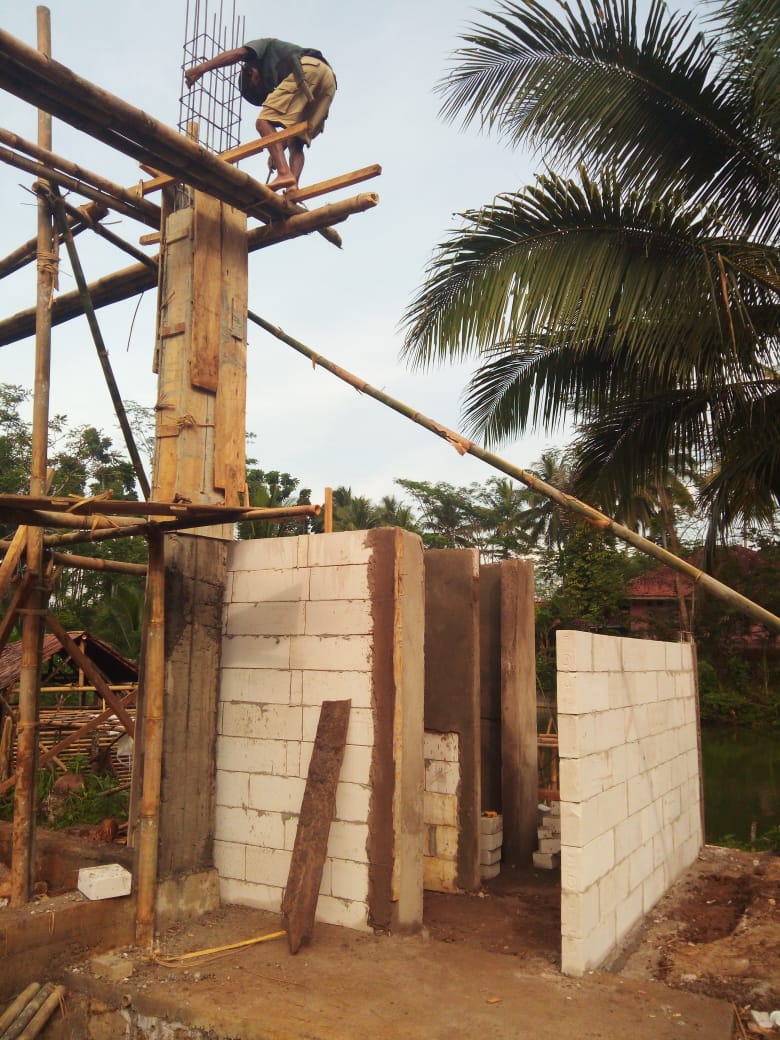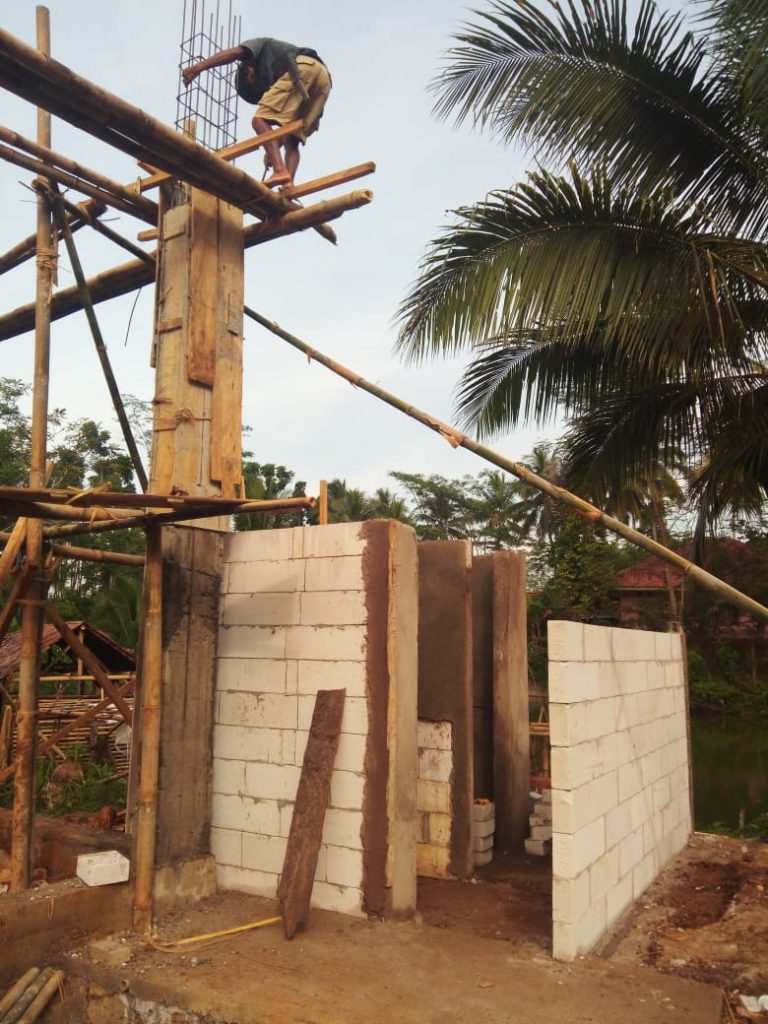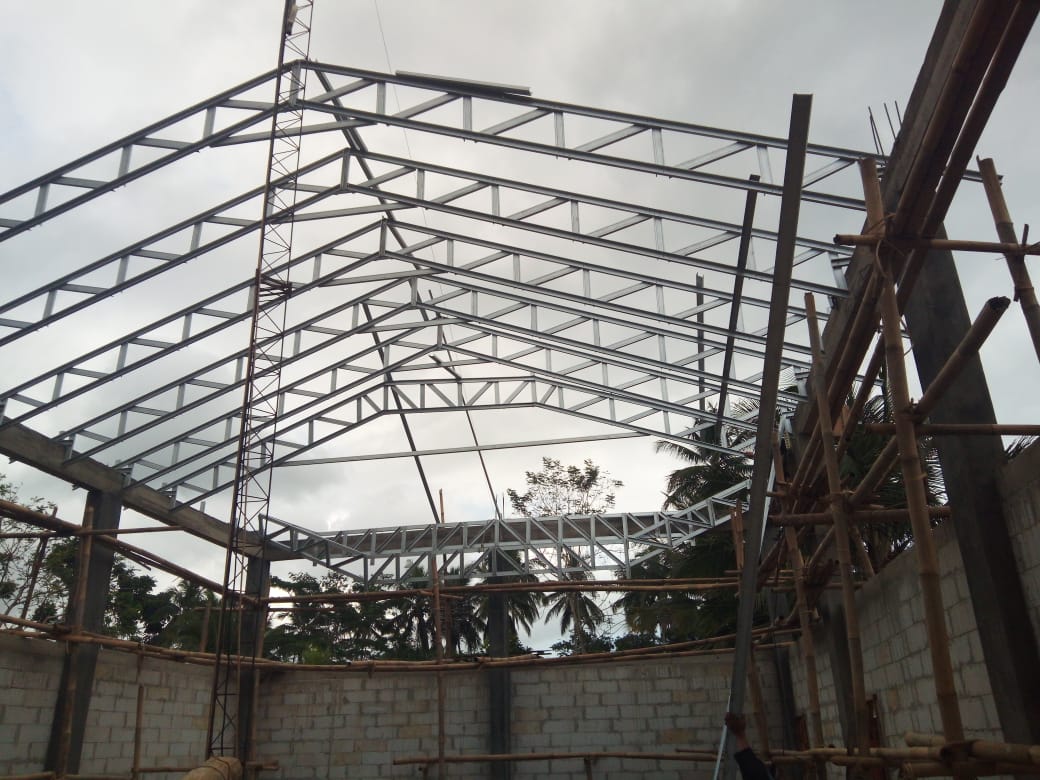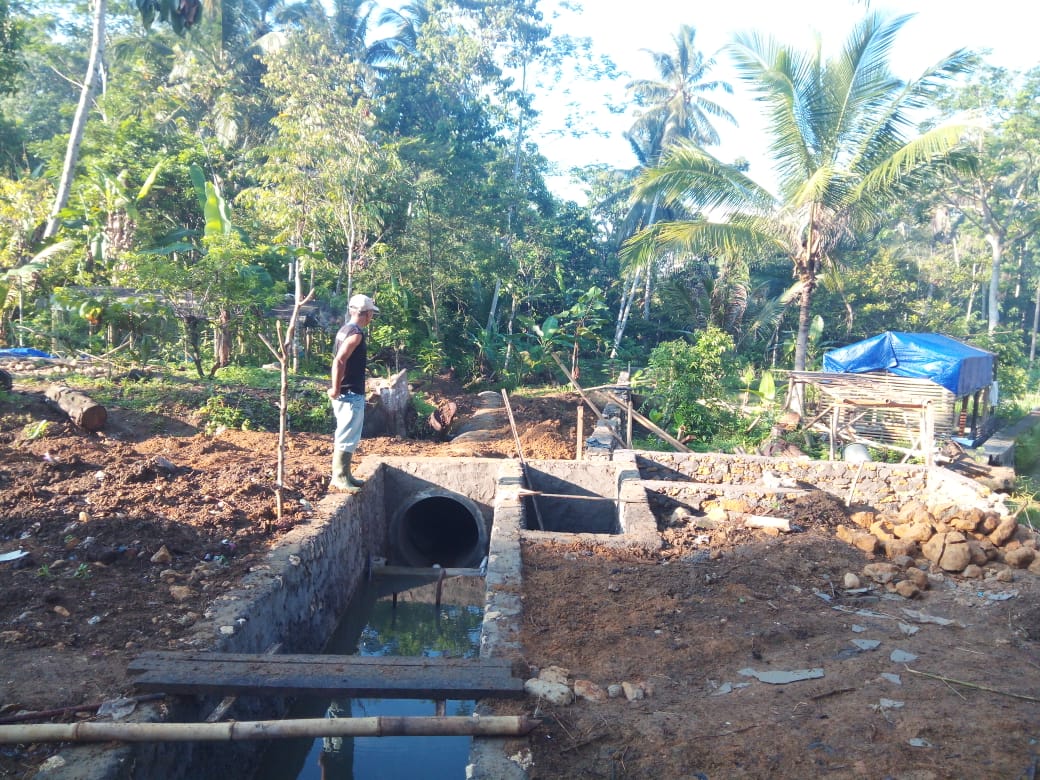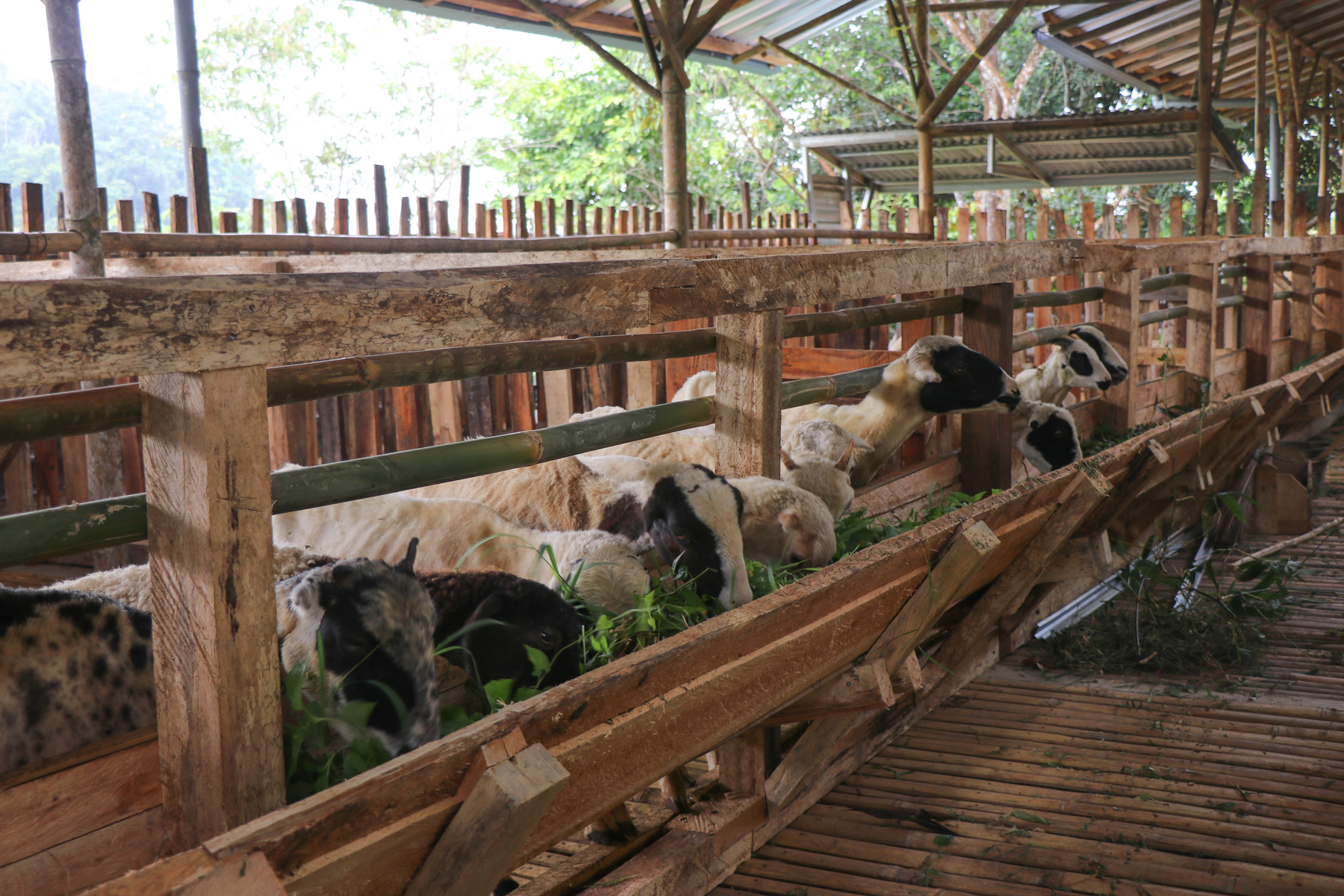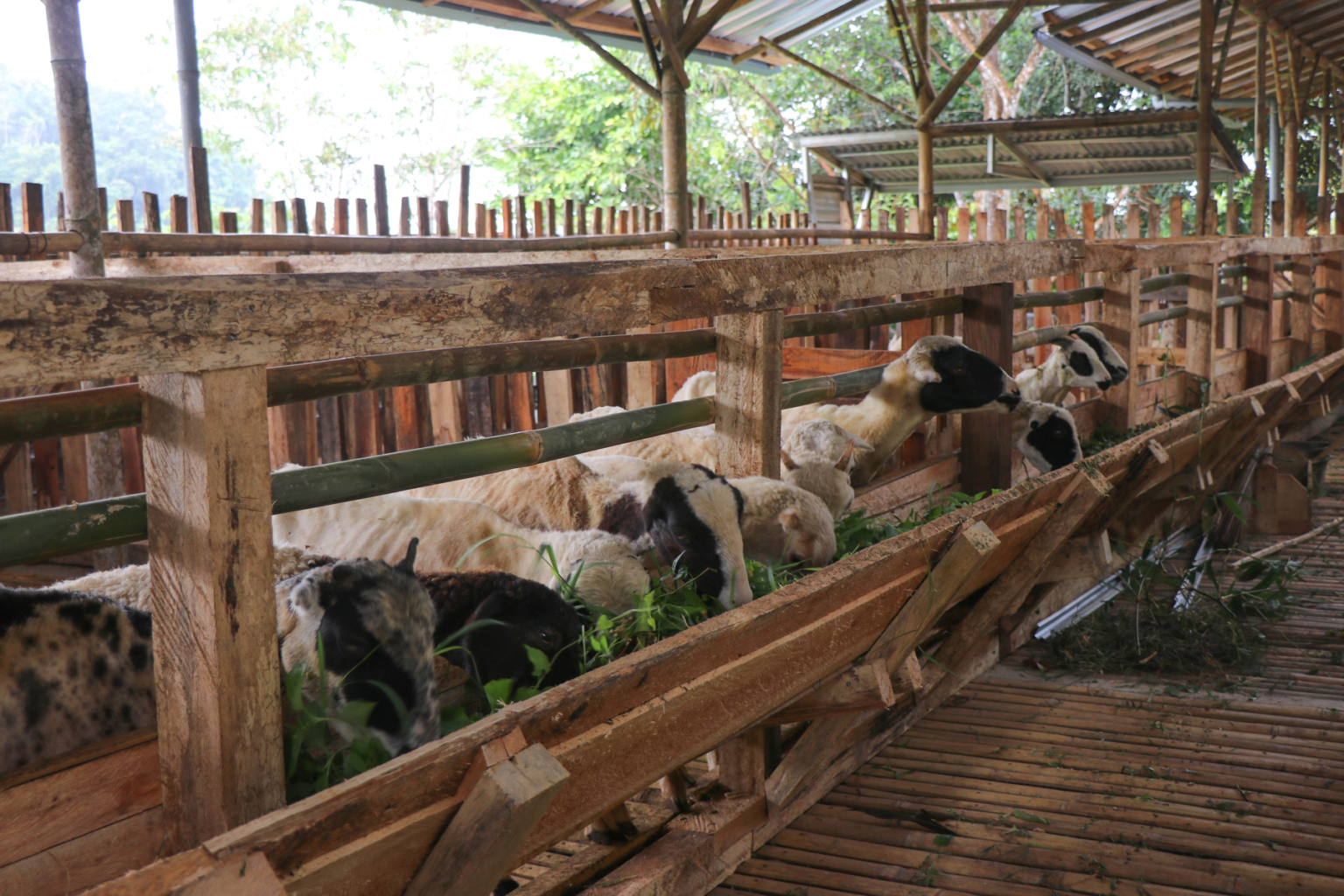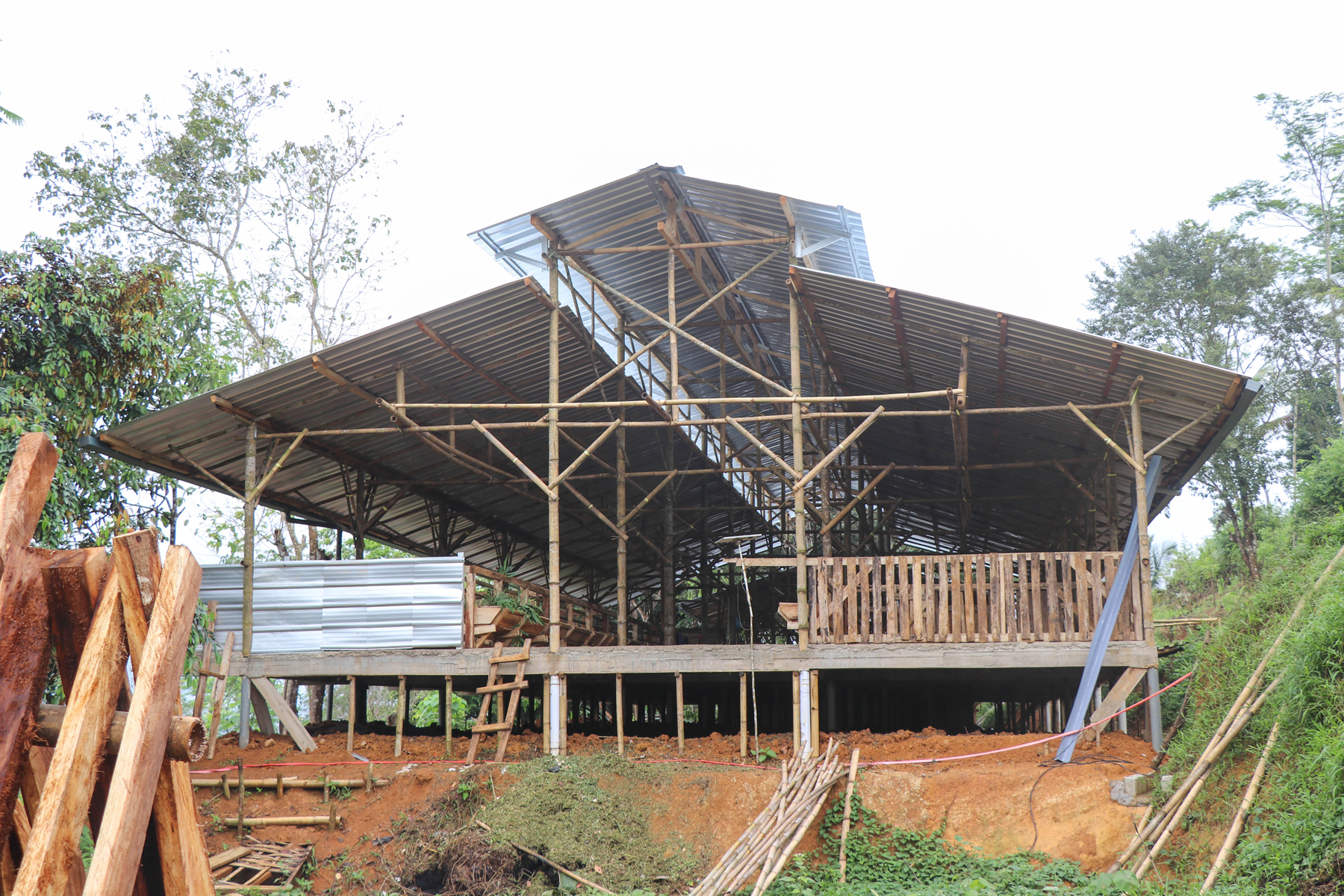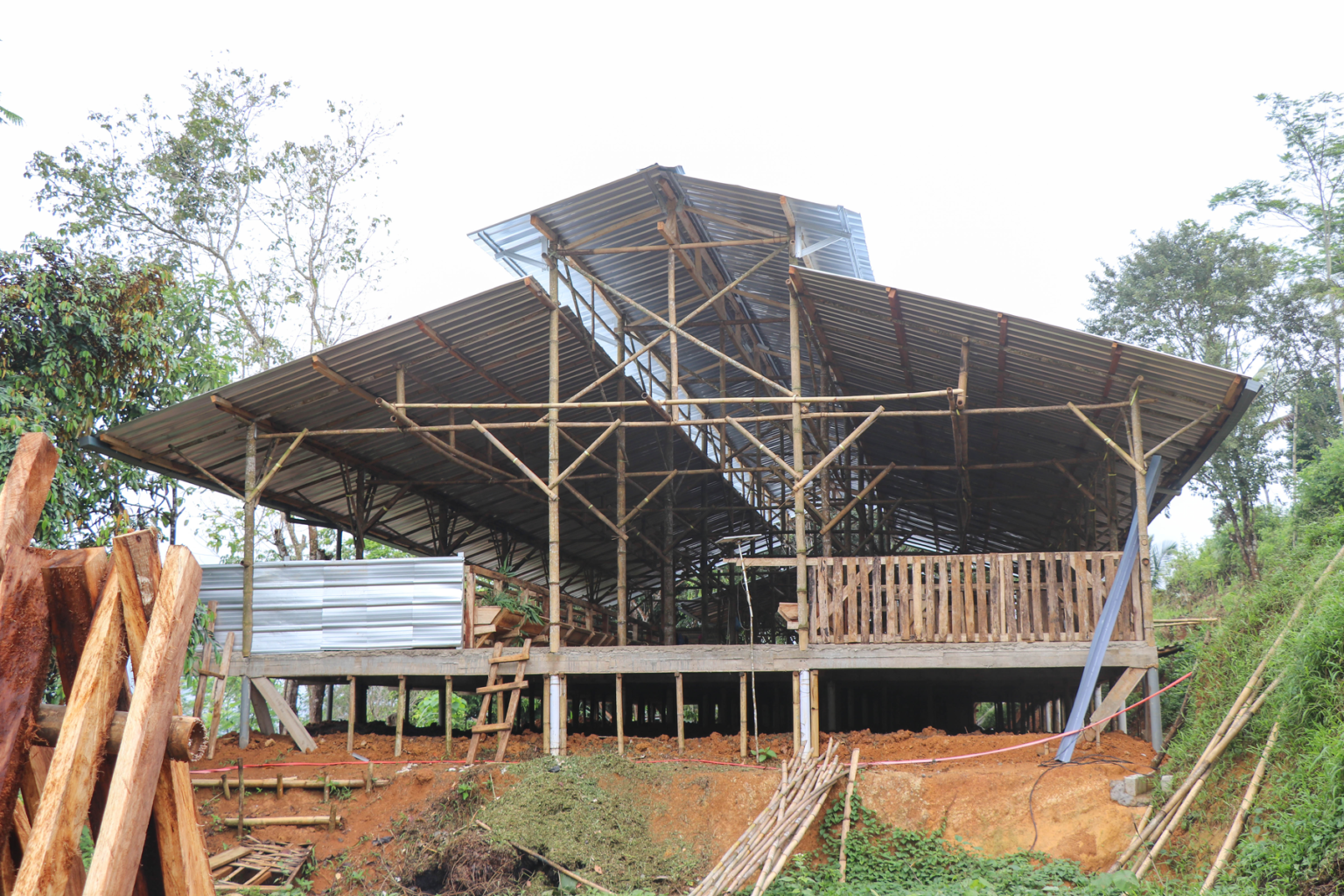The lush West Java forest is home to a rich array of plants of animals. There are more than 300 species of birds, including the vulnerable rhinoceros hornbill. Several monkey species also live in the region, including the endangered Javan surili. Habitat loss is the greatest threat to these arboreal primates, which are found only on the island of Java.
Mandalamekar Village will protect a large chunk of highland forest, prohibiting logging and replanting native tree species. The protected area is a crucial watershed for the village. Community members know that to have a reliable water supply, they need a healthy forest.
Seacology has a long and successful history of working with Mandalamekar. In 2009, the 3,000-member community agreed to protect 267 acres of rainforest, replanting 72 acres of it. These conservation efforts have brought results: With increased tree cover, several local springs now flow year-round, even during the dry season. The village used a Seacology grant to build a multipurpose building, which they still use for all kinds of community events.
The community will use a second Seacology grant to build a small facility for drying, cutting, and processing bamboo. More than ten kinds of bamboo grow wild in the region. Selling unprocessed bamboo brings in little money, but with basic equipment, community members can turn raw bamboo into a durable and valuable material. The finished product will be suitable for making musical instruments, crafts, and traditional Javanese joglo houses.


